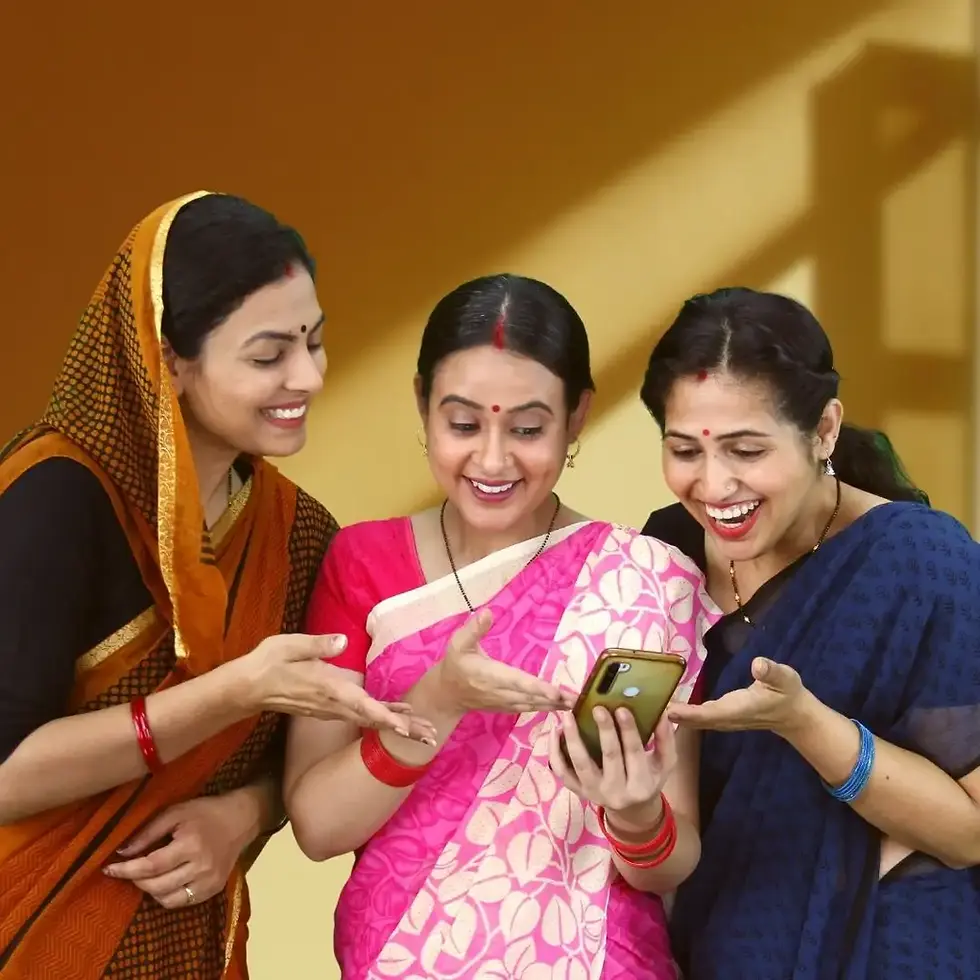STORY AND PLAY-BASED CURRICULUM AND TOOLKIT FOR ADOLESCENT GIRLS IN SUB-SAHARAN AFRICA
WASH UNITED gGmbH

GENERATIVE RESEARCH
BRANDING & IDENTITY DESIGN
SBCC STRATEGY
CAPACITY BUILDING
STORYTELLING / NARRATIVE DESIGN
Rosie’s World is an interactive menstrual health and hygiene education toolkit for adolescent girls in sub-Saharan Africa. It educates, empowers and engages girls in order to shift knowledge and attitudes. Beyond development, the project focused on scaling the toolkit through advocacy, stakeholder collaboration, and sustainability planning, to ensure long-term impact.


72%
of girls demonstrated improved knowledge of menstruation and menstrual hygiene management
27%
increase in girls who felt comfortable discussing menstruation with friends
70%
of girls reported receiving greater peer support after the training
24%
decrease in the number of girls feeling worried or upset about their periods
21
Translated into languages across multiple regions
2.3M girls
reached, and adopted by 200+ organisations worldwide since 2018
THE CHALLENGE
Deep-rooted belief, cultural taboos and misinformation around menstruation made it difficult for adolescent girls to access accurate information and support. Trainers and practitioners faced challenges in addressing these sensitive topics, making it difficult to engage girls in talking about menstrual health.

THE SOLUTION
We collaborated closely with adolescent girls from the community to develop a scalable design system rooted in real stories. Their lived experiences and challenges shaped a nuanced, adaptable toolkit designed to reach diverse audiences.
Rosie’s World is a menstrual health education toolkit that encourages critical thinking and open conversations among adolescent girls. Built with a human-centred design approach, it features Rosie—a relatable character who guides learners through engaging stories and activities. Adapted into 21 languages, the curriculum includes structured modules, facilitator guides, and culturally relevant booklets, ensuring accessibility across diverse regions.
To extend its impact across seven countries, we partnered with the Girl Scout network (WAGGGS) in Sub-Saharan Africa and developed a sustainability model for schools, including those without formal training support. By co-creating solutions with key stakeholders, we ensured the curriculum remains responsive to local contexts, making menstrual health education more inclusive and effective.































